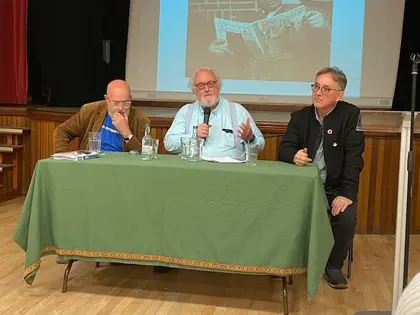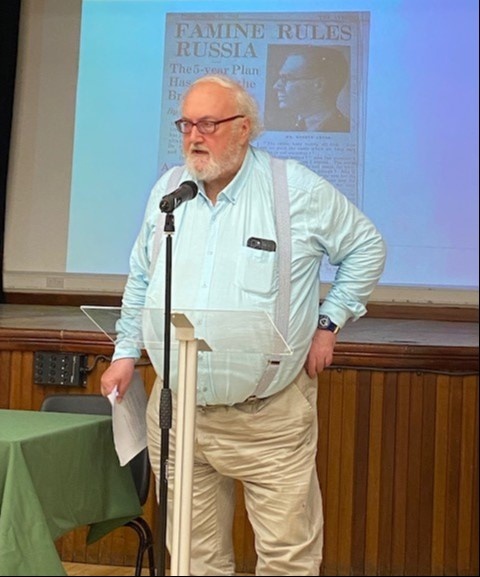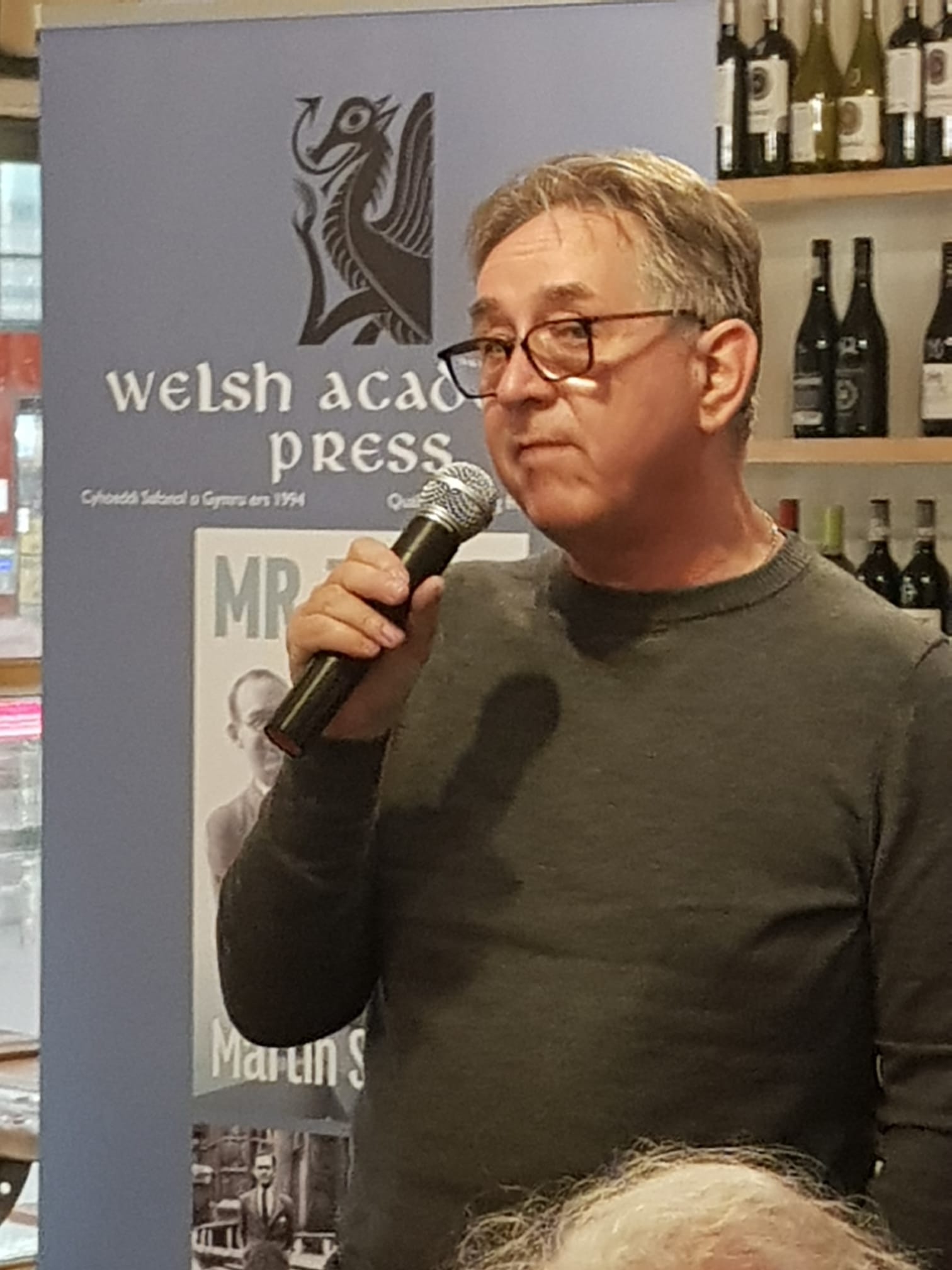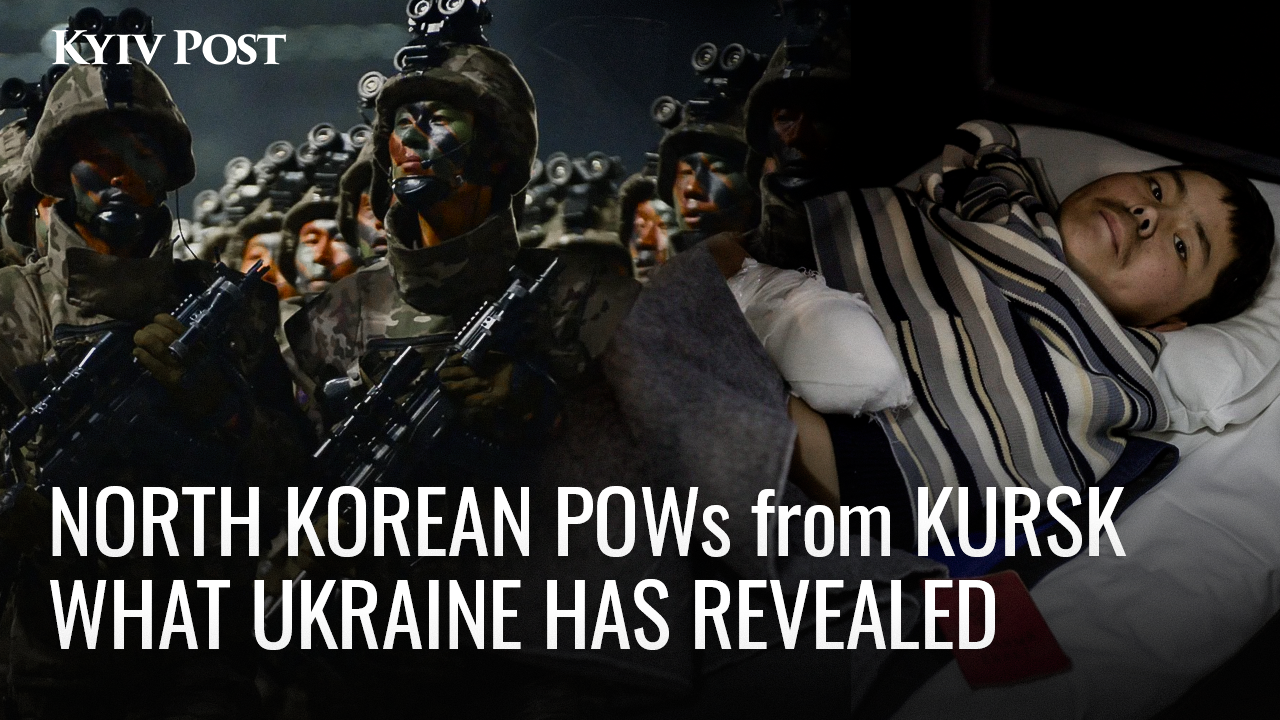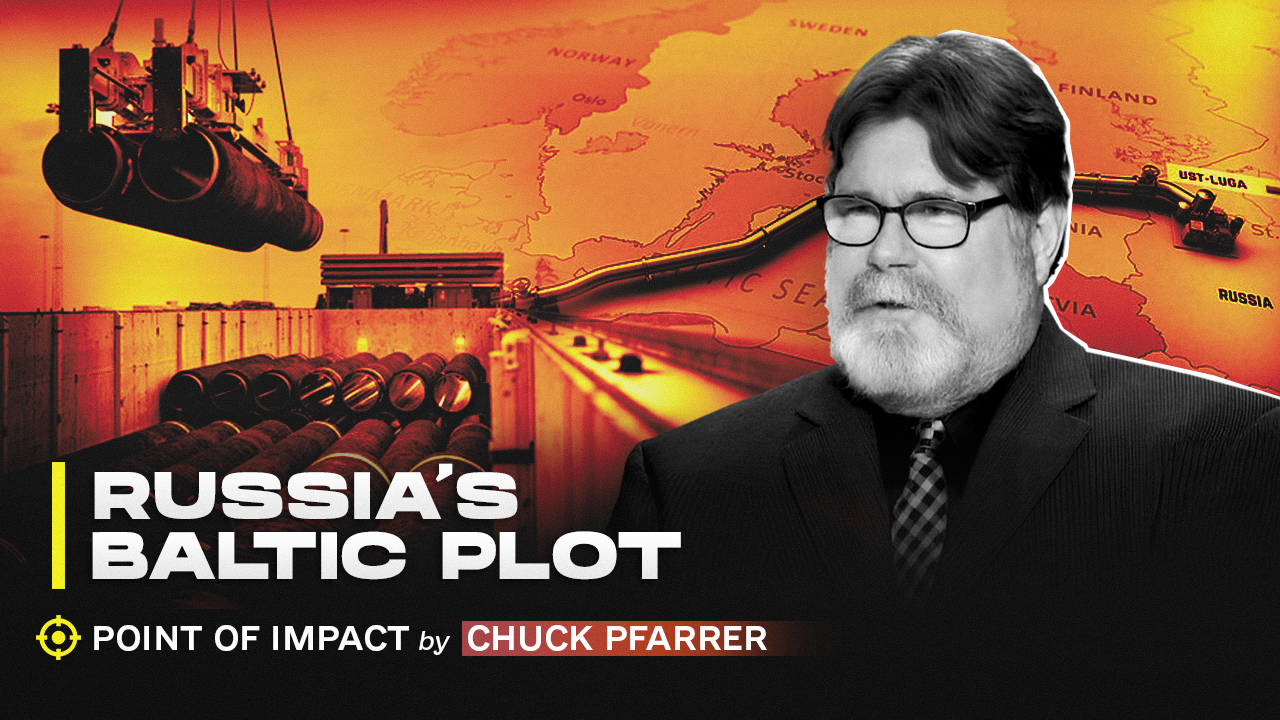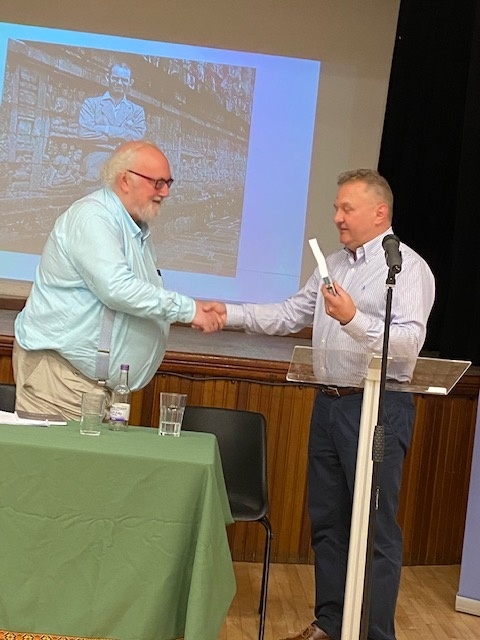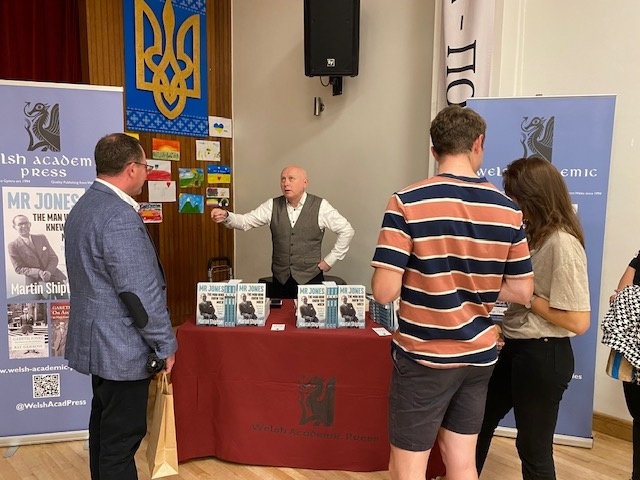A surprise guest at a book launch on the famine in 1930s Ukraine nearly stole the show in London on Wednesday, Sep. 7. British investigative journalist John Sweeney had just returned from Ukraine, having been in Kyiv during the first days of the Russian invasion.
He is known globally for confronting Vladimir Putin about his role in the fatal downing of a Malaysian plane in the summer of 2014, and Sweeney vented his anger in uncertain terms.
JOIN US ON TELEGRAM
Follow our coverage of the war on the @Kyivpost_official.
Standing up from his seat to answer my question as to what he would say to Putin if their paths crossed again, he pulled no punches. In a packed hall with an emotionally-charged audience made up of diaspora Ukrainians, recently displaced Ukrainians, Welsh supporters of the book launch, and the general public, he recounted his first encounter with the Russian leader, where they stared at each other and, according to Sweeney, it was Putin who blinked first.
Sweeney said he had visited the crash site in July 2014 and seen the carnage with his own eyes. He recalled noticing the passenger debris – the plane’s broken wheels, paperback books, peoples’ hats, and small Trunki suitcases that children pull along, which he sees at airports – making him cry.
“He needs to be in The Hague (International Criminal Court),” said Sweeney passionately. “No question about it. He is a serial killer. All we need to do is provide Ukraine with heavy metal. In answer to your question, ‘I’d try to kill him,’” Sweeney said to rapturous applause.
Launching his book, author Martin Shipton, of Mr. Jones, The Man Who Knew Too Much, based on the life and times of Gareth Jones, one of the first journalists to expose the Ukrainian famine of 1932-33 (known as Holodomor to the broader world), said his take on the Russian leader was that if he had interview questions readied for Putin, he wouldn’t answer them and would walk out.
Also on the panel was Mick Antoniw, a Senedd – Welsh Parliament member, Counsel General for Wales, and Minister for the Constitution. He had spoken earlier at the launch and said that as a child, he and his contemporaries had grown up in Britain with people who had survived the Holodomor. They had not talked much about it due to the experiences they’d lived through, and he regretted that he and others had never asked enough questions.
Concerning my question, Antoniw mentioned the recent case of a Russian journalist, Ivan Safronov, who was sentenced to 22 years in prison on trumped-up treason charges. Antoniw said the prosecutor had offered to reduce that sentence to 12 years on the condition he confessed, which Safronov refused.
Scrolling back to before the question and answer session, Petro Rewko, chairman of the Association of Ukrainians in Great Britain (AUGB), introduced author Martin Shipton to those present at the Ukrainian Social Club in Holland Park and said: “This has been a hidden part of our history. It is only in the last 10-15 years that Holodomor has come to light.”
Rewko said that in the last few years, the AUGB has been running an essay prize for 17-18 year olds, and surprisingly this pebble in the pond had rippled out. Many schools around the country now include the Holodomor as part of their history curriculum.
Passing on the baton, author Martin Shipton said that what happened in Ukraine this year has confirmed in a horrific way the importance of the Gareth Jones story and what he stands for.
Jones had worked for the Western Mail newspaper in the Welsh capital of Cardiff, where Shipton is currently a political editor at large.
He said: “The journalism may have been written 90 years ago, but its relevance is enduring and undeniable. He exposed a man-made famine in which an estimated four million Ukrainians died.
“They died not simply because of a hostile ideology which pretended that the collectivization of farms was a more efficient way of producing food. They died because Stalin had a visceral hatred of Ukraine and wanted to destroy it as a nation.
“For Stalin, the peasants were the people’s enemies – the enemies of the state who wanted to undo the [October 1917] Revolution. Such language resonates today, with Putin claiming that he had to invade Ukraine to ‘de-Nazify’ it.”
Shipton explained that since Putin had come to power in December 1999, 25 journalists have been murdered in Russia, according to a tally kept by the U.S.-based Committee to Protect Journalists. Meanwhile, following the invasion of Ukraine, independent news outlets in Russia have been shut down, forcing citizens of Russia to rely more on state media, strongly supportive of the invasion, effectively fake news.
Ashley Drake, Managing Director of Welsh Academic Press, manned the stall selling the books Martin Shipton signed.
Before I left, I spoke to Olena Tertyshnyk, who arrived in London two months ago from a village called Mohyliv, Dnipropetrovsk Region. She told Shipton how her family had refused to join the collective during Stalin’s times. Their farm and animals were confiscated, and the family was sent to a concentration camp.
Tertyshnyk’s family is still trying to find answers to exactly where they were sent and what happened to them. Shipton responded that the same fate would face Ukrainians following this war as many had been taken away to Russia and that something would be needed to deal with this.
Behind the seated panel of Messrs Sweeney, Shipton and Antoniw were photographs of Gareth Jones screened on the wall.
I wondered what he would have been thinking while looking down. Perhaps he would have felt vindicated by what he had exposed all those years ago.
It felt like history was merely repeating itself.
You can also highlight the text and press Ctrl + Enter


